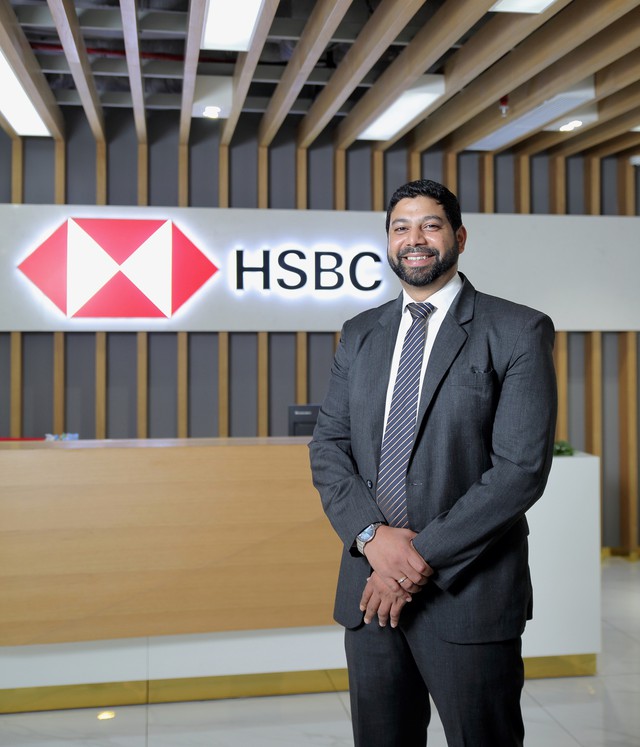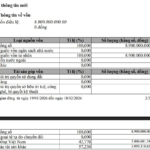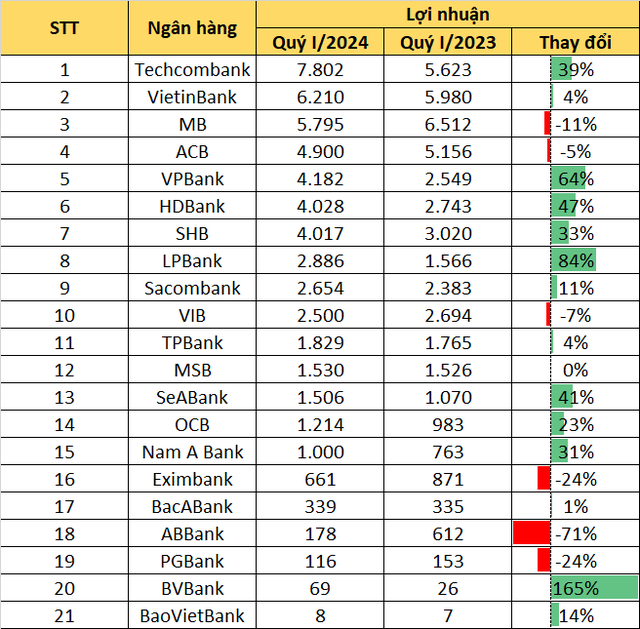However, women are lagging behind when it comes to financial stability compared to men. For example, a study by HSBC found that women not only demonstrate lower average levels of financial stability compared to men but also have less likelihood of achieving high levels of financial stability (39% versus 47%). Furthermore, women appear to be less confident in their ability to achieve goals in life despite having plenty of motivation.
This “deficit” can be a barrier for women and their families. So how can we narrow the gap?

Many studies show that women in general have strong motivation to improve their quality of life by prioritizing personal happiness (Illustration)
Financial stability reflects the ability to overcome difficult stages and cope with unforeseen financial shocks that affect our income and assets. These can include illness, sudden illness, natural disasters, or loss of employment, all of which are unpredictable but can happen in life.
The more financially stable we are, the less impact these “shocks” have on us, and the faster we recover, and our long-term plans are less likely to be interrupted.
Furthermore, it is important to note that financial stability is a foundational factor in achieving overall stability in life, but it is not the only factor.
Recent research highlights the importance of mental and physical stability alongside financial stability. There are many factors that contribute positively to each type of stability, with some factors having little contribution and others having a greater contribution. For example, we all know that “optimistic thinking,” “staying calm,” and “self-confidence” are key motivators for mental stability, while “balanced eating,” “quality sleep,” and “regular exercise” are crucial in building physical stability.
In addition, there is a close connection between the three areas of finance, physical, and mental well-being. Our studies show that individuals with good physical health have a 1.5 times higher likelihood of achieving financial stability and a 9.3 times higher likelihood of achieving good mental health on average. In contrast, individuals with financial stability have a 4.3 times higher likelihood of achieving good mental health.
Clearly, improving one area can have a positive impact on all areas, and improving all areas will have positive effects on health and overall well-being.
Truly financially stable individuals share some common characteristics. They usually have enough savings for unplanned expenses and can afford their living expenses. They have their own financial plans, which may be a budget or retirement plan, and they are knowledgeable about financial products and services.
These individuals also tend to have protective solutions for their investments and assets or for their own health. This observation is important because our research shows that individuals without financial protection solutions, such as insurance or enough savings to support themselves for six months, have less confidence in their ability to achieve certain financial goals in life. In fact, the lack of a “safety net,” countless assumptions and worries about potential losses can limit the ability to make confident decisions about finances and in life in general.
Although women are more likely to have saving plans, men are always ahead in terms of protection plans, including insurance. In fact, more than half of the women surveyed globally said they currently cannot ensure their families have enough protection solutions for challenging situations, and 1 in 10 doubted their ability to achieve that in the future.

Article writer: Pramoth Rajendran, National Director, Personal Financial Services and Asset Management, HSBC
From these observations, we can draw some clear and practical secrets that women can apply today to strengthen their financial stability and thereby increase confidence in their ability to achieve goals in life.
First, expand your knowledge and understanding. If financial and banking terms make you dizzy, take the time to learn about finance. Only then can you make informed decisions and stay in the game. There are many free learning resources available, from specialized websites to personal finance podcasts, as well as numerous books at the library. Financial institutions such as banks often have educational materials to help guide you in the right direction.
Second, be firm in planning. Your plan doesn’t have to be elaborate or complicated, but it should clearly reflect your current situation and the goals you want to achieve in the future. This plan will help you chart the best course forward and adhere to the plan to achieve the goals you have set. A basic budgeting strategy can help you manage your finances effectively. Additionally, it is important to identify short- and long-term financial goals and review them monthly to ensure that your financial situation aligns with these goals and make adjustments based on actual income, expenses, and life changes as needed.
Recently, I heard a lot in the media about Trinh Thi Khong, an elderly woman living in Dong Nai province, who is now 119 years old and is likely to be recognized as the “Oldest person in the world”. Clearly, women live longer than men. For example, in the United States, women, on average, live about six years longer than men. In Vietnam, the average life expectancy for women is expected to be 5.4 years longer than for men by 2023. This means that women need to plan for life after retirement earlier and longer than men.
Third, identify where your safety net is lacking. Where are the “blind spots”? Which areas need protection? If you already have insurance solutions, whether it’s health insurance, life insurance, or property insurance, you need to proactively assess the level of protection these contracts provide for your current situation and long-term goals. Seeking advice from a financial advisor is also a good starting point.
Fourth, save and invest seriously. Strengthen your savings for unforeseen circumstances by setting up an emergency fund to supplement other existing reserves. And it’s never too late to explore investment options. Investments can provide returns and help you accumulate assets over time, providing passive income. Consult with experts on the best steps to take.
Building financial stability is not a one-day, one-time job. However, the benefits can go beyond the economy. Women have the strong motivation to support their families financially, and for them, investing in financial stability is an investment in quality of life and overall fulfillment. And we don’t need experts or scientific studies to know that this is a goal everyone strives for.















